Country music has its conventions. The genre has permanent homes in Tennessee, Texas, and Oklahoma—states steeped in the “country” way of life. But artists like rising singer-songwriter Jess Jocoy are proving that country should have no boundaries.
Videos by American Songwriter
Being from the Seattle area and moving to Nashville in 2014 proved to be a fretful decision for Jocoy. Though she was closer to the hub of country music, she was left wondering where she fit in. After trying to hone her sound for several years, she stopped asking that question and decided to carve her own spot. Having found her “sense of self,” Jocoy is set to release her most honest album yet on October 23.
Titled Cul-de-Sac Kid, this album isn’t about rewriting country, but rather attempting to widen its scope. Jocoy leaned on both her unique experience in the genre and her boundless imagination to write this selection of songs. The work is a celebration of differences and a statement of self-acceptance.
On September 4, Jocoy shared the title track for this project, “Cul-de-Sac Kid.” Below, find five questions with Jocoy as she gears up for the next stage of her career, and listen to the song below.
[RELATED: 4 Country Artists of the 1990s Who Turned One Hit Into a Lasting Legacy]
American Songwriter: What about your experience growing up as a “Cul-de-Sac Kid” feels set apart from other perspectives in Nashville? What made you want to focus on your upbringing as a theme?
Jess Jocoy: I chose to lean into the cul-de-sac kid theme not because it sets me apart, necessarily, but because it’s who I am. I didn’t grow up with cowboys or red dirt roads. Consequently, I tend to lean into my imagination more than life experience when writing songs. In the end, the idea of Cul-de-Sac Kid was born out of years of fretting over whether or not my music fit the Nashville country music scene.
AS: While you talk about pushing against the grain in this song, do you see the country music scene expanding to embrace voices from outside its traditional geography? Has the recent diversity in the genre made you feel more empowered to tell your own unique story?
Jocoy: I didn’t write “Cul-de-Sac Kid” with any intention of pushing against the grain. If anything, it was written as an anthem for those of us who may feel like we exist out there on the fringes. Like Moe Pitney sings: country ain’t even a place on the map / it’s a place in your heart. I’m excited about this song and album as a whole because the music embraces my newfound sense of self through a fresh voice and perspective while keeping true to my artistry.
As far as empowerment goes, for me it’s more intrinsic. As I get older, the burdens I carried when I was younger have begun to shake loose. Yes, I’m hoping country music will continue to move forward in elevating women to the same degree as they do men. Regardless, I will continue to hone my craft and share my stories for as long as the Good Lord lets me.
AS: How do you balance writing about your story with making songs that feel universal for listeners?
Jocoy: I’ll be honest, I don’t know that I have found that balance just yet, but I think I’m closer than I was. The main goal for me is to write something listeners can connect to, even if it’s just one pivotal line in a song. What’s cool to me is that you can write a song, intending for it to be taken as one way and the listener can receive it and be impacted by that song in a completely different way. In the end, that song still means something to them, and that’s where the magic is.
AS: You’ve spoken about hearing Alan Jackson, Shania Twain and other country giants in the car with your dad — what’s one song from those car rides that still feels like a compass for you?
Jocoy: One song I always come back to and smile from that time is “Drive (For Daddy Gene)”. I can still see the curves in the cedar-lined road and the pasture we’d pass that used to have a little miniature horse my dad and I nicknamed Shorty. The song, itself, is about growing up, receiving guidance along the way from your parents, but eventually coming to the point where you have to just do the proverbial “it” and the memories you make along the way, and then the joy of passing along those memories to your kids—which I very much hope to do someday. It’s a song that feels like an anchor in the best kind of way.
AS: Lastly, what’s the best songwriting advice you’ve ever received? And what’s one piece of advice you’ve learned on your own?
Jocoy: I think one of the best pieces of songwriting advice I received was from when I was in college and that was: there’s no such thing as a “bad idea,” just ideas that lead to better ideas. I really like that because, especially in co-writes, it alleviates some tension and hopefully makes everyone feel like they’re on an even playing field in terms of contributing to the song. From a solo write standpoint, it reminds me that a song can always be better. As for advice I’ve learned on my own, I think it’s this: you’re allowed to use your imagination. That, or that, there really are no rules or right or wrong ways of writing a song (except don’t flat out plagiarize, of course)! Just go for it, write the song, see where it goes and enjoy the ride along the way.
Sam Wiseman / Milestone Collective

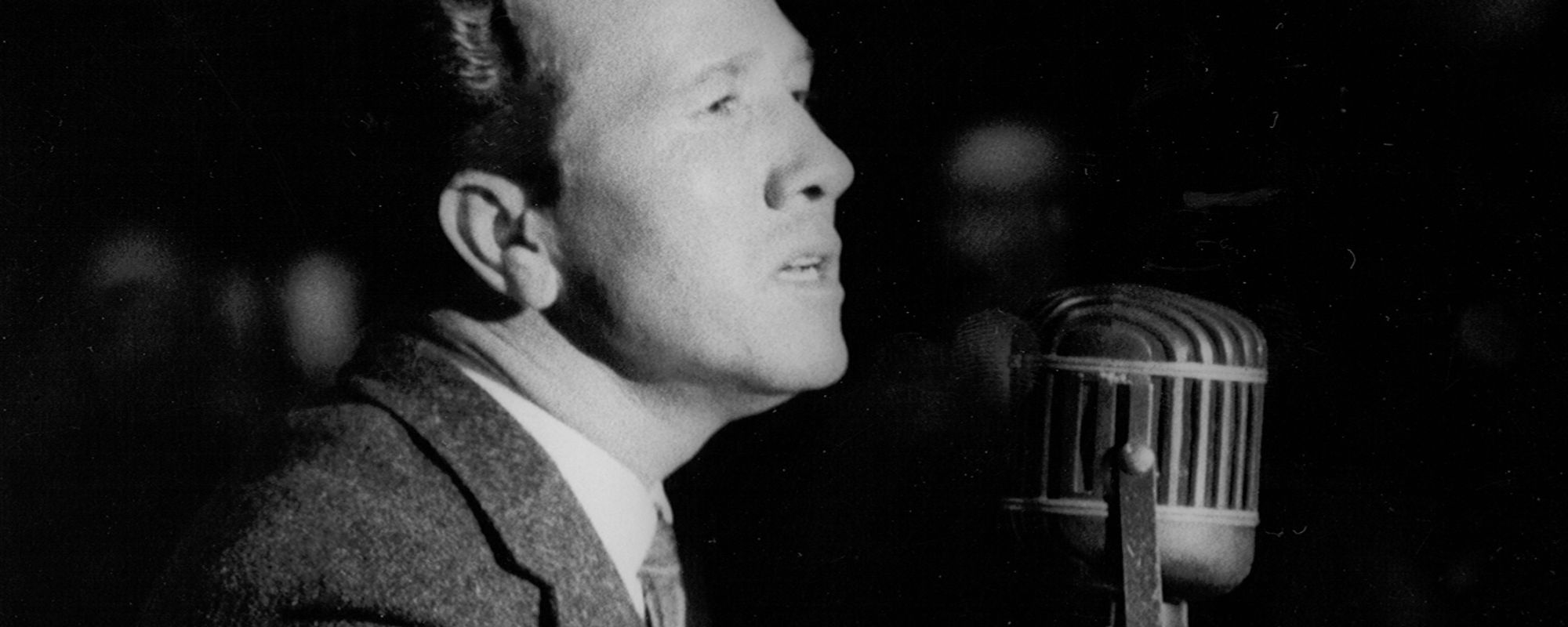
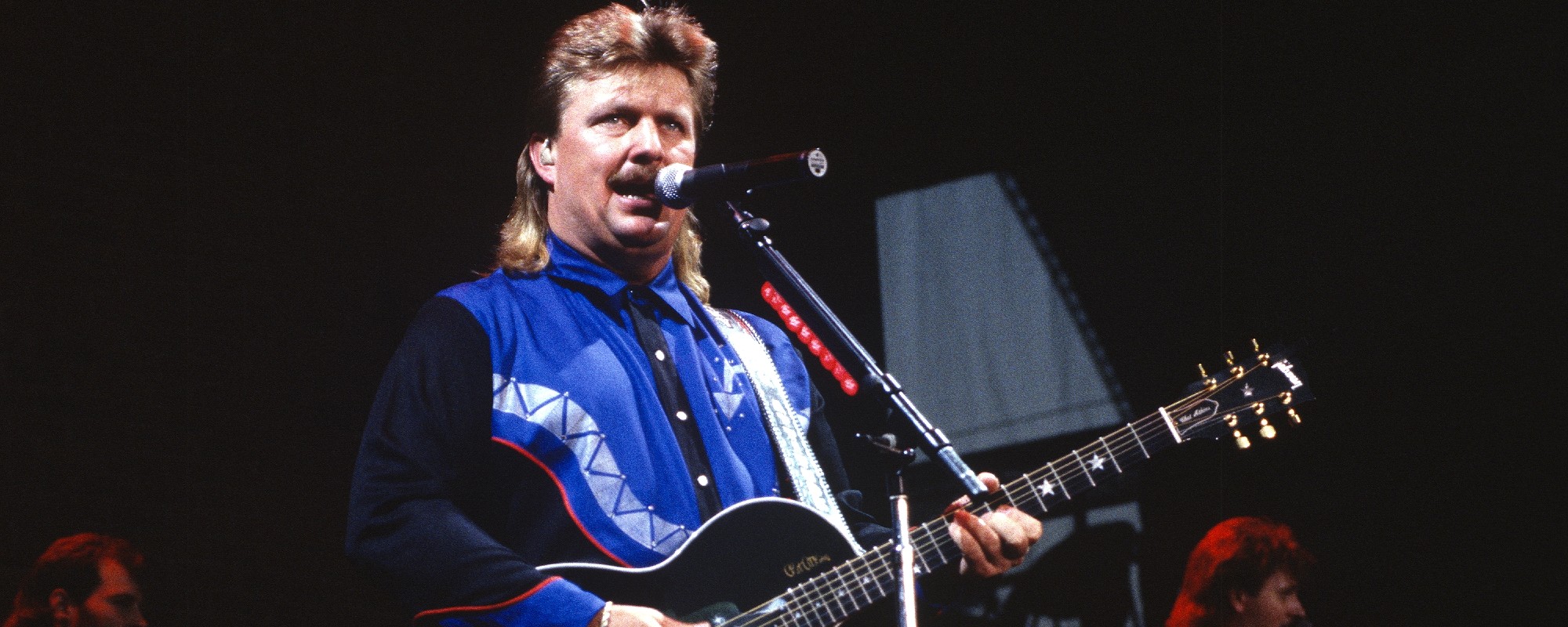

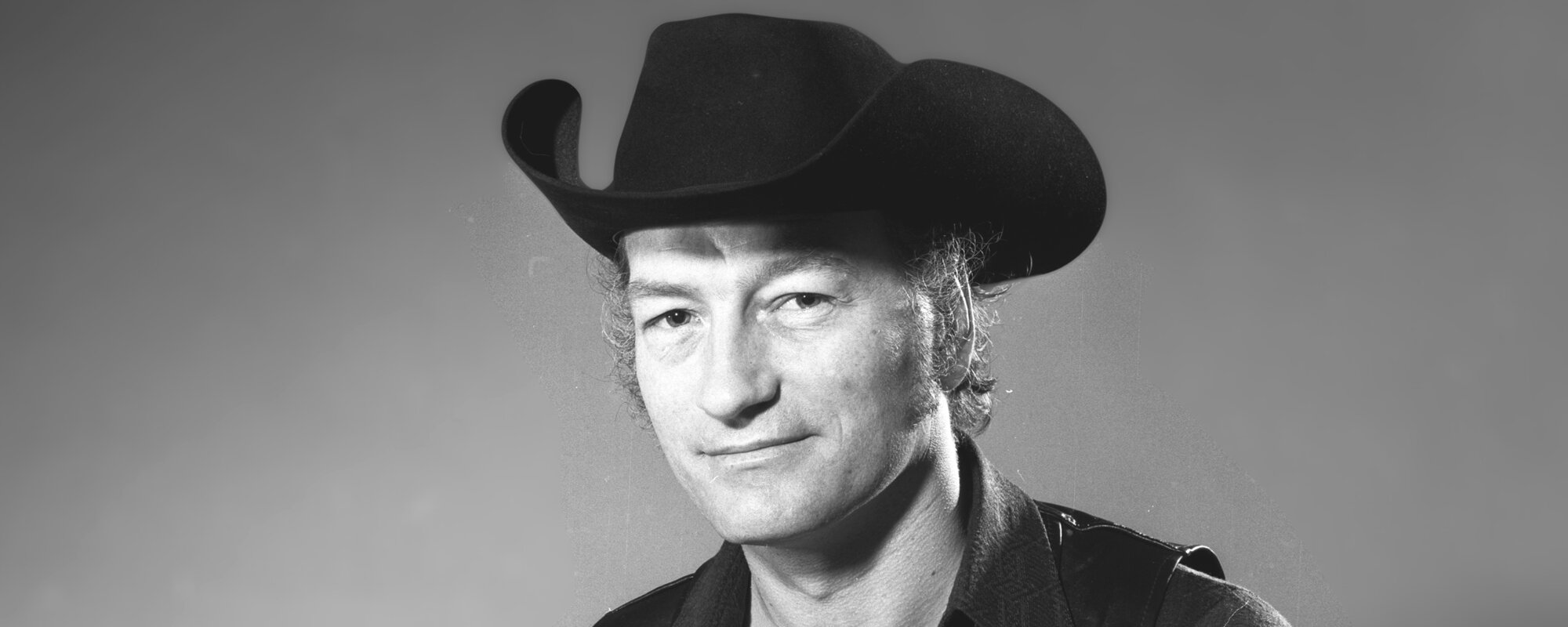
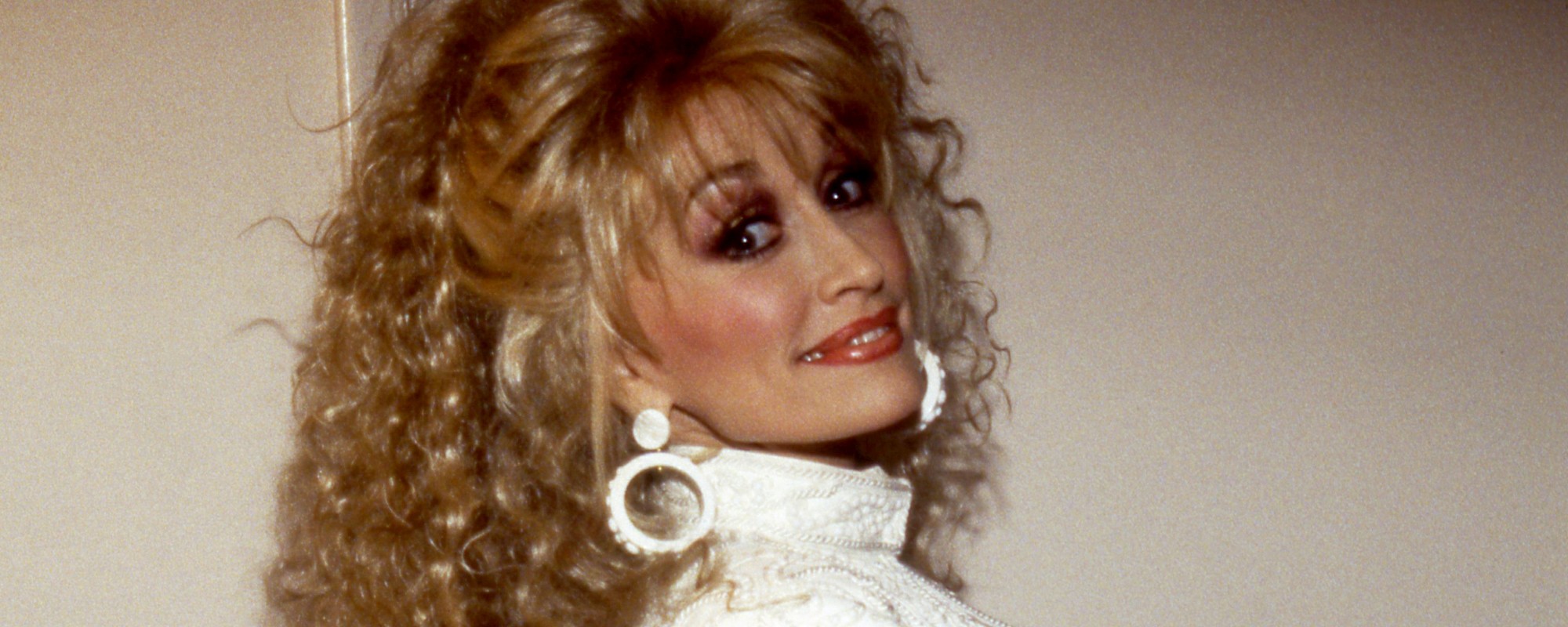
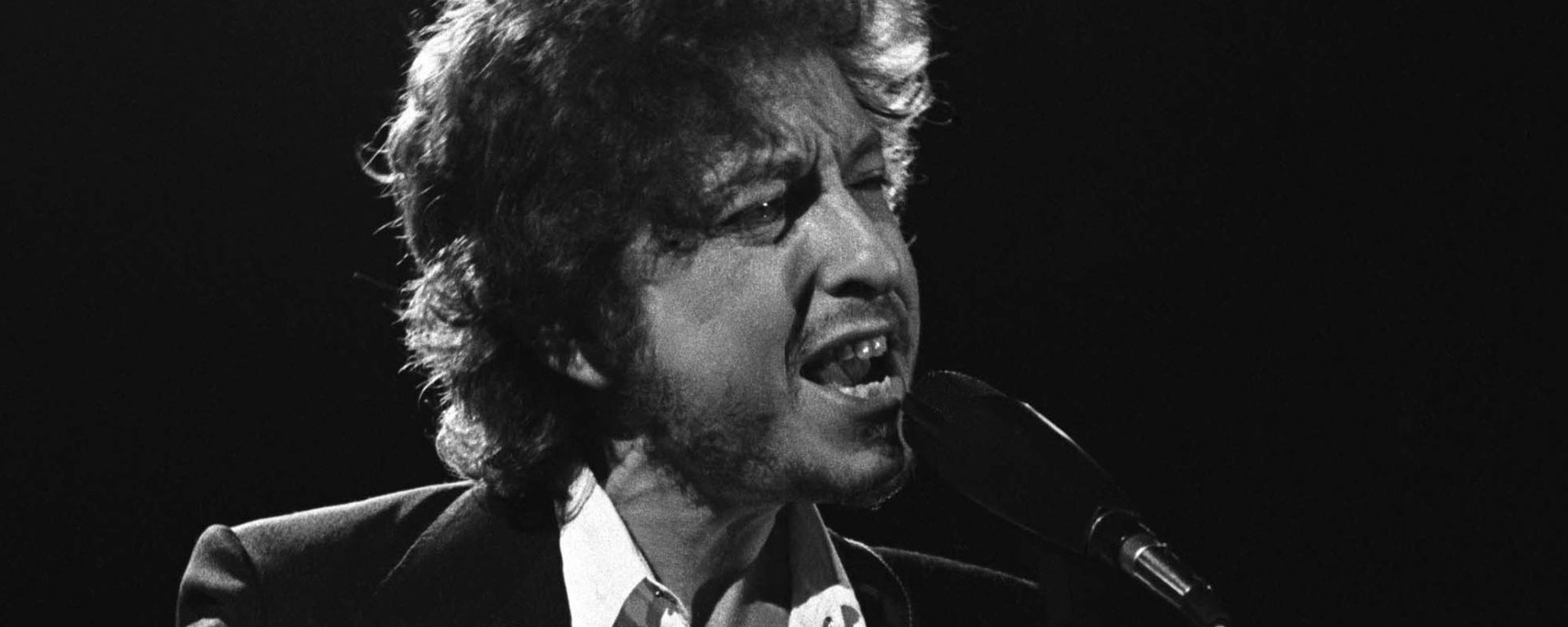
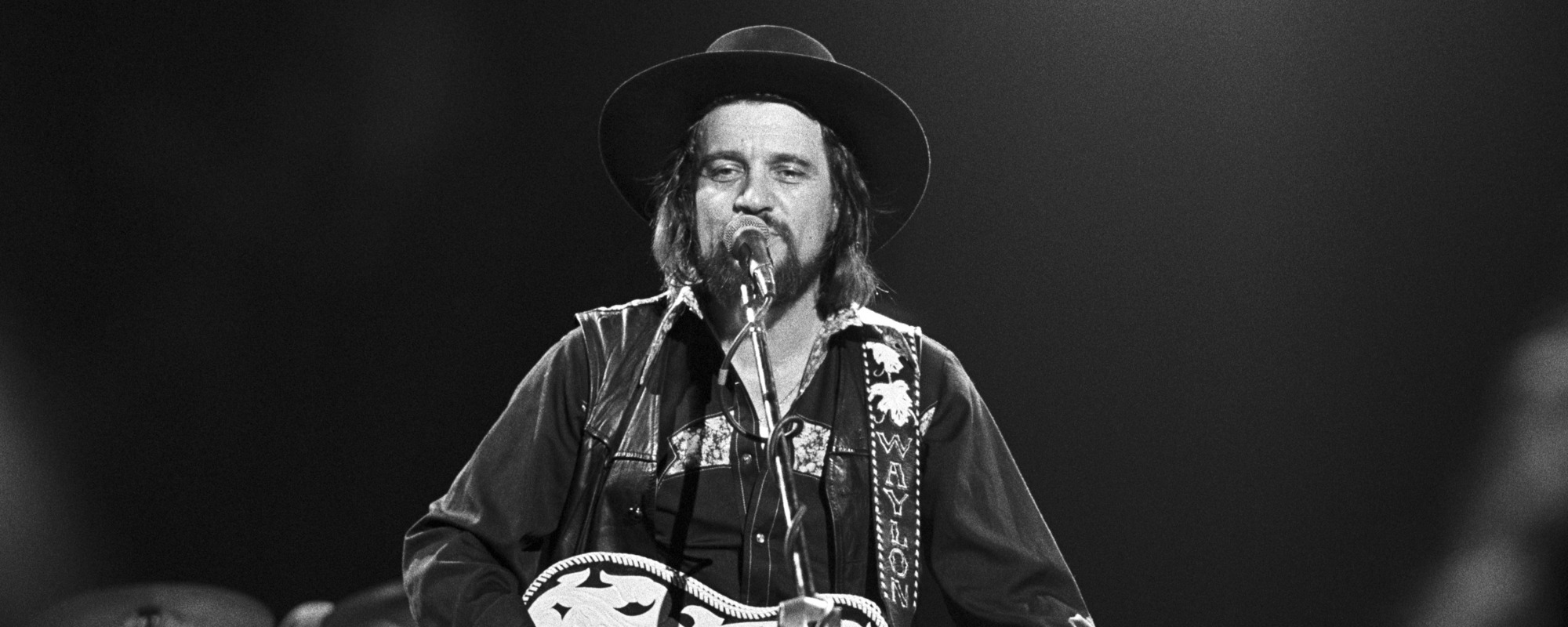
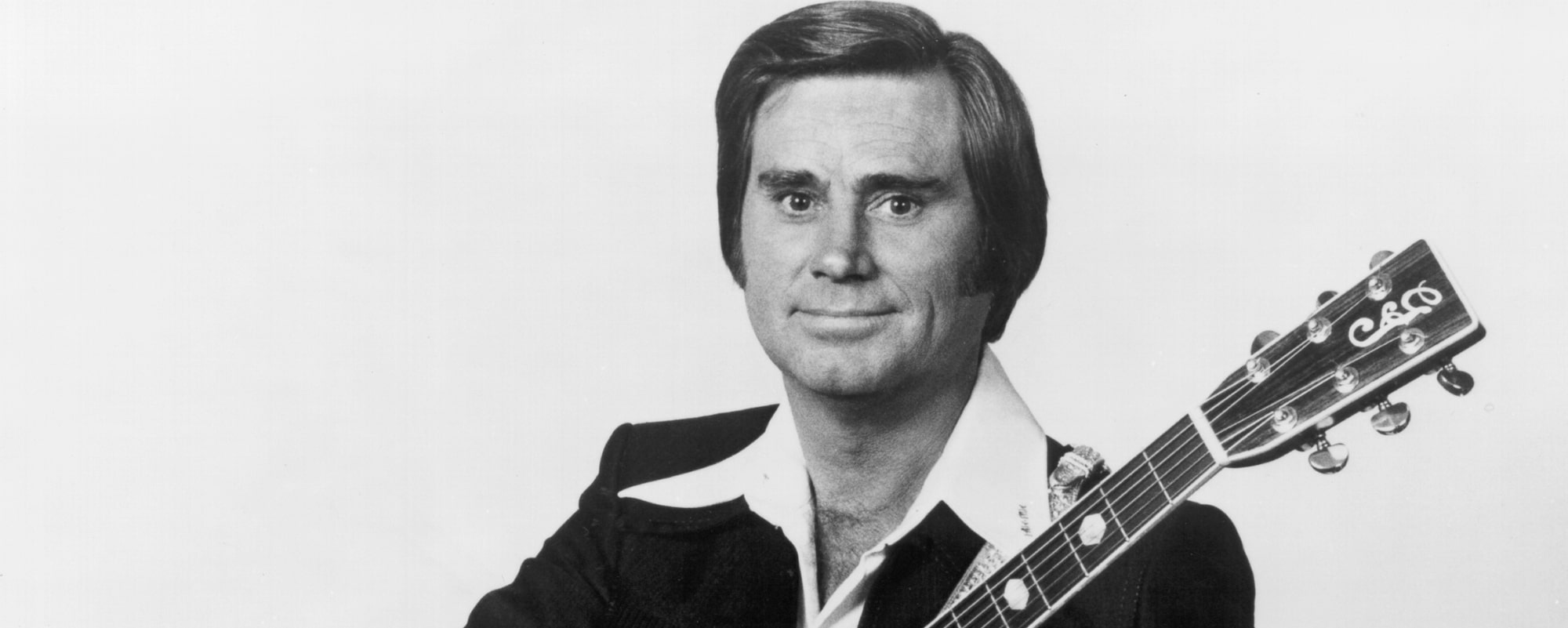
Leave a Reply
Only members can comment. Become a member. Already a member? Log in.